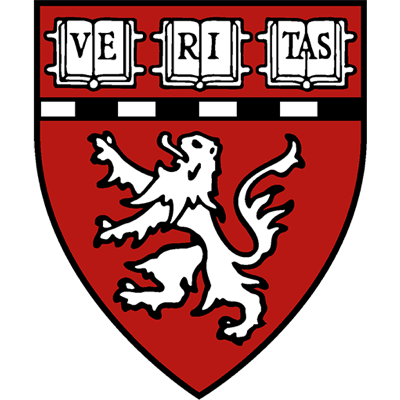Genomics Citizenship and Social Justice: A Call to Action
Executive Summary
On Thursday, 12 October 2017, Drs. George Church, Ting Wu, and Ronnie Stangler hosted an intimate gathering in NYC with a selected group of investors, philanthropists, social entrepreneurs, family office advisors, medical consultants, and public intellectuals.
The purpose of this meeting:
- to create a core genomics working group supporting the most inspired basic science research and assuring its most equitable and just application;
- to connect leading public intellectuals, academics, philanthropists, and impact investors; and
- to support scientists who feel a sense of urgency as never before for a different level of activism – scientists cannot do this alone and are asking for our help
Key takeaways:
I. Genomics is a uniquely intimate and personal science.
- Dr. Stangler characterized this remarkable moment in time, full of infinite promise and potential for unprecedented peril.
- Genomics, the reading and writing, even creation, of biology, is the most intimate science. It goes to the essence of our humanity, who we are, who we want to be.
-
A clear distinction must be made between technology and humanity. Change is not a triumph of technology. Change is a triumph of humanity.
A few representative questions/issues raised in discussion:
- What are the psychological implications of knowledge of “vulnerability” to development of illness?
- Should the concept of “actionable” be broadened? What is not actionable today may be actionable tomorrow. Even in the absence of definitive treatment, might one make different life choices as a consequence of knowledge?
- We must all have access to the “facts” of this science. However, application will always be bespoke, reflecting personal mores, ethics, culture, psychology, and capacity.
II. There is an enormous gap between science and its public understanding.
- Dr. Church articulated the dire need for common knowledge to “catch up” to the rapid evolution of genomics. The gap is only becoming greater.
- He described observations of Ben Mezrich, the author of Woolly, during his current book tours. Mr. Mezrich has been surprised by the differential between vast achievements of biotechnology and their minimal awareness by even well-educated readers. We clearly require more effective ways to engage diverse participants in this conversation, one that requires scientists actively join forces with other groups of engaged citizens. We are at a tipping point and simply do not have the luxury of “just another meeting”. There is requirement for action.
A few representative questions/issues raised in discussion:
- Who will assist individuals in making new choices about utilizing and understanding these technologies?
- How can we educate health care professionals who do not have the experience or awareness today to appropriately guide their patients?
- Consumer offerings vary tremendously in quality and scope. People often do not understand what they are “buying”. How can we provide guidance?
- How do we engage communities who have been subjected to systematic government sanctioned abuse? How do we engage communities with religious and/or cultural teachings that may seem at odds with use of such interventions?
III. The science of genomics is accelerating at exponential speed.
- Dr. Wu outlined the explosive rate of acceleration of developing genomics: from Mendel’s pea plant experiments laying foundations for genetics in 1915 to today’s CRISPR technologies allowing scientists to edit genomes with increasingly unprecedented precision.
- This speed is paralleled by cost reduction of full genome sequencing, roughly $3 billion in 2003 to today’s $1000 genome to anticipation of effectively “free” sequencing capability within mere years.
A few representative questions/issues raised in discussion:
- What is required for our society to be ready for universal sequencing?
- How will politics affect the regulatory climate?
- Will reduced funding of science differentially affect life sciences? What is the responsibility of the private sector? How do we assist in acceleration of most productive philanthropy and impact investment?
IV. Unintended consequences
- The group agreed that the edge of science is always controversial, and we have reached that edge (e.g. gene drives, treatment of heretofore incurable disease; potential elimination of disease; resurrection of extinct species; altering lineage through modification of germ cells; use of genomics for enhancement vs. treatment).
- Potential was identified for the creation of a new era of eugenics, both through lack of access to information as well as misuse of and inequitable access to best technologies. Dr. Church explained that not informing everybody preserves the nucleus of discrimination. Ensuring universal awareness aligns with the mission of Dr. Wu’s pgEd (Personal Genetics Education Project): to educate about, rather than promote, genomic applications
A few representative questions/issues raised in discussion:
- Why would 80% of US populace today choose female gender in embryo selection? What are the implications of such choice?
- Who determines which are “features” as opposed to “bugs” in an individual’s makeup?
- How do we prevent genomics from contributing further to an already malignant social and economic divide?
We will reconvene at the second Annual Spring Summit at Harvard Medical School, Department of Genetics, Wednesday and Thursday, April 18th and 19th, 2018.
Thank you for your contribution to the earliest stages of our novel and exciting collaboration with the most eminent scientists in the reading, writing and creation of biology.
As always, very special thanks to the Greenwich Hotel for their extraordinary kindness and support.


